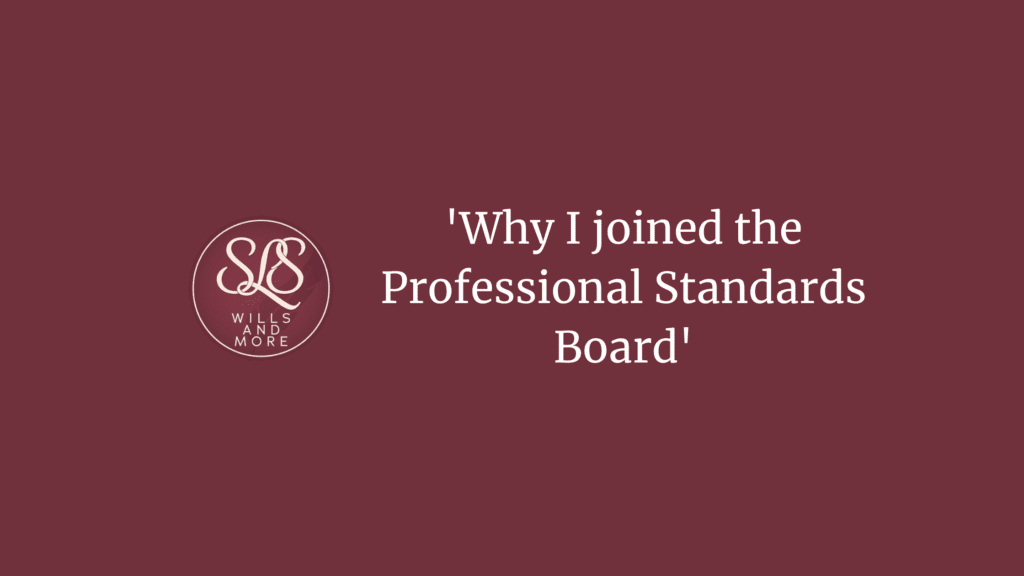When is the right time to create your Lasting Power of Attorney?
First of all, a Lasting Power of Attorney is a document that is created and used during your lifetime (whilst you’re living). This is the opposite to a Will which is created whilst you’re living but actioned or used when you pass away. Both are incredibly important. A Lasting Power of Attorney (LPA) is a legal document which gives authority to specific people (your attorneys) to be able to make decisions for you regarding specific matters. There are two types of LPA; Knowing what the documents do, it’s pretty easy to understand what matters you’re granting power over but to give an example a Health and Welfare LPA gives attorneys the right to make decisions over your healthcare for example. Remember that all decisions made under an LPA must be made in the donor’s (your) best interest. With this in mind, why would you make one and when is the right time to create an LPA? Typically, an LPA is registered and used when someone is unable to make decisions for themselves but sometimes, it’s easier to have help from loved ones. If you need help with getting bills paid and online banking, a property and financial affairs LPA is a good idea. An LPA cannot be made when you have lost mental capacity so forethought is important and planning needs to be done. Trust us when we say that it’s much more cost effective to have one in place with the hope that it is never needed rather than the alternative – not having one and needing to apply through the courts (Court of Protection) because someone needs to be able to handle your affairs. As an example of how it could go wrong, check out this video on our YouTube channel: https://www.youtube.com/watch?v=ztZWHiixUDg For more information about Lasting Powers of Attorney, check out this short video: https://www.youtube.com/watch?v=fXn2k8CA3lY In summary, the short answer to the question ‘When is the right time to create your Lasting Power of Attorney?’ is sooner rather than later or now. Final note on the subject of LPAs – Do remember that to register the documents (with the Office of the Public Guardian) there will be a fee. We will tell you whether you’re entitled to a remission (discount) on these fees. To book your appointment to discuss this, give us a call on 01304 577998.















